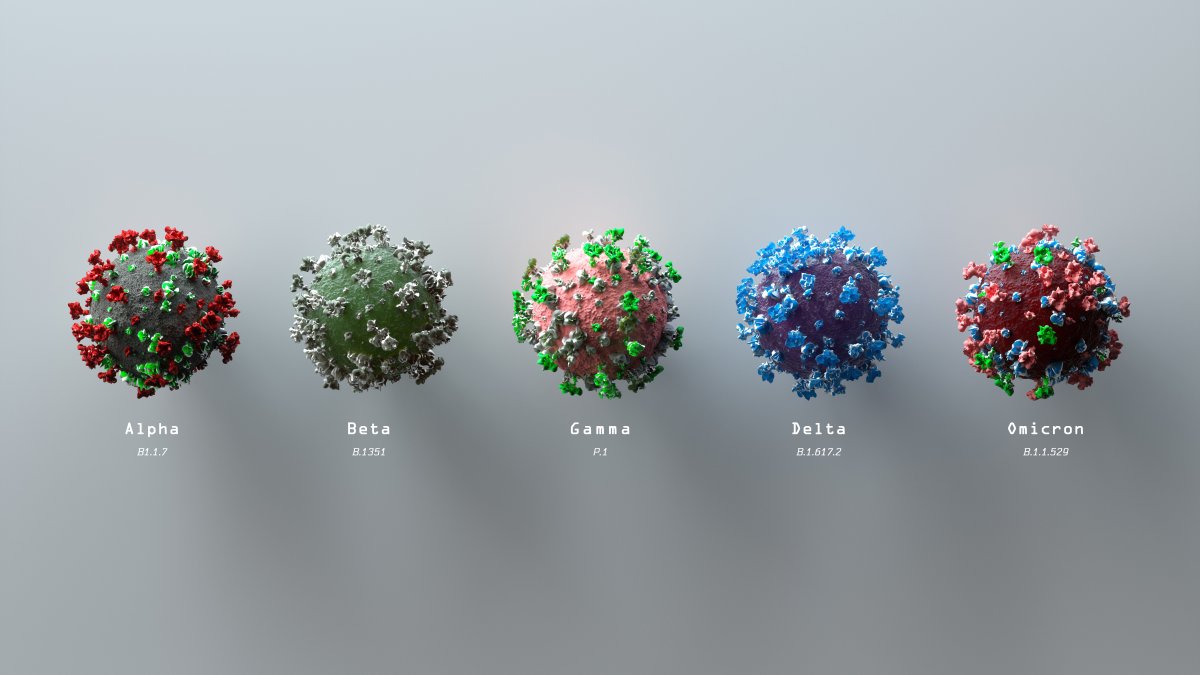Siellä muhii nyt niin sakea keitto, että varianteilla on kissanpäivät. Ei sitä pysty kukaan sanomaan mikä on tilanne puolen vuoden päästä. Tuleeko omigronin syrjäyttävä variaatio ja jos tulee, niin kuinka vaarallinen se on.
Tällaisiakin jotkut esittävät. Ja tiedän, maailmassa on yhtä monta mielipidettä kuin ihmisiä. Tämä ei ole kuitenkaan Tiihonen/Turtiainen tason FAKTA-lausunto:
“Maybe the variant that comes afterward, Pi, might actually be as infectious or more infectious than omicron and yet deadly like delta,” said Dr. Davey Smith, Head of Infectious Diseases and Global Public Health at UCSD. “It is very likely that we’re going to need shots and boosters over our lifetime and that the virus is not going away.”
Arveluahan tuo on, mutta ei nyt kannata tuudittautua ajatukseen, että maaliskuussa homma on ohi. Eikä varsinkaan siihen, että poistamalla kaikki rajoitukset ja lopettamalla maskien käytön ja rokotukset, niin pääsemme eroon koko pandemiasta.
Dr. Davey Smith, Head of Infectious Diseases and Global Public Health at UCSD, says it’s possible we could need COVID vaccines and boosters for the rest of our lives as new variants keep emerging.

www.nbcsandiego.com

/img-s3.ilcdn.fi/b70f73032709ffd16c71eeaaf6176f140f66bc94d2bae56c19f5de7f73a7f59d.jpg)



